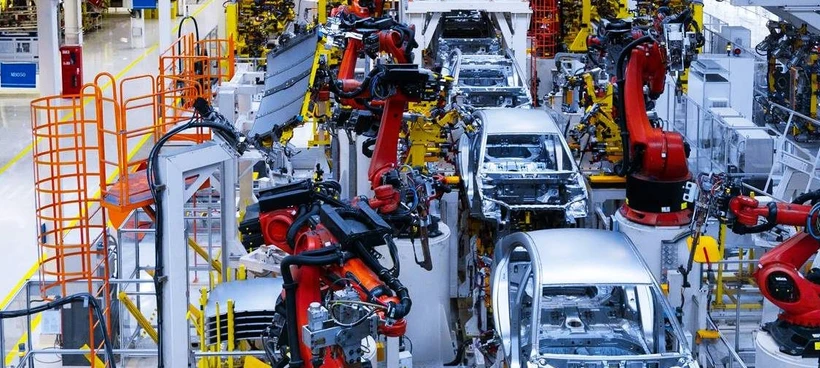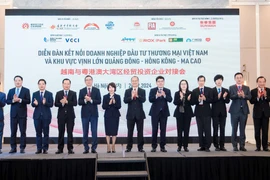Bangkok (VNA) – Thai auto manufacturers produced 117,251 vehicles in November, down 28.23% from a year earlier, with domestic sales down 40% to 37,229 units and exports down 20.6% to 80,022 units.
During the January-November period, total production fell by 20% year-on-year to 1.36 million vehicles.
Almost all types of car sales in the country fell in November, except plug-in hybrid electric vehicles which saw a year-on-year increase of 346% to 223, but their sales volume was small, making up only 0.53% of total car sales.
The sales of internal combustion engine-powered cars gained the largest proportion in the market, representing 28.3%, followed by pure pickups (27.1%) and hybrid electric vehicles (17.9%).
The sales decrease in November was attributed to slow economic growth of 3% in the third quarter and banks and car financing companies' strict criteria to grant auto loans amid the high level of household debt.
The loan approval rate was just 3% of total loan applications in the third quarter during which non-performing auto loans rose by 22.8% from the corresponding quarter last year, said Surapong Paisitpatanapong, vice-chairman of the Federation of Thai Industries (FTI) and spokesman for the federation's Automotive Industry Club.
He noted that the seizure of pickups continued due to owners' financial problems, which affected sales in the third quarter.
Car exports were also not positive, with a year-on-year decrease of 10% to 89,646 vehicles in November due to the impact of the tensions in the Middle East and the economic downturn in China. Overseas sales only increased in North America. Car exports fell by 8.2% year-on-year to 942,867 units between January and November.
However, FTI still hopes that car manufacturing output will reach the target set for 2024. Last month, the Automotive Industry Club decided to reduce the car production target to 1.5 million vehicles, down from the 1.9 million set at the beginning of the year - the lowest target since 2021./.




























